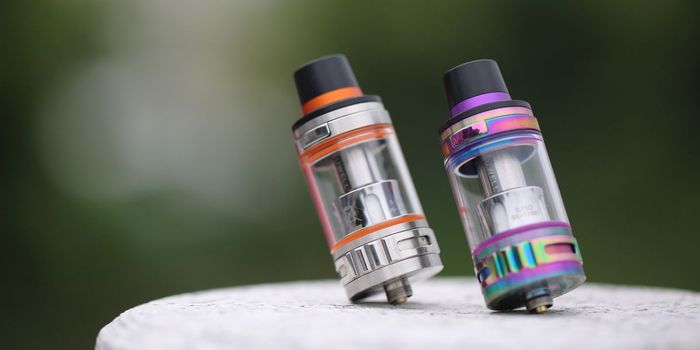Can Cannabis Help Improve Autism Symptoms?

Parents of children with autism have long extolled the benefits of CBD to help treat the symptoms. Anecdotal claims include improvements in sleep, less anxiety, reduction in outbursts, and less self-harm.
Clinical trials also show that CBD is linked to improving independent life skills in children with autism such as eating, getting dressed, and cleaning up after themselves. In the studies, the children were provided a cannabis extract with a CBD to THC ratio of 20 to 1, for a period of six months. The amounts and timing of the daily doses were tailored to each child’s individual needs.
These findings are controversial, as some organizations have issued statements discouraging using cannabis to treat ASD. The American Academy of Child and Adolescent Psychiatry is one of them, claiming that there is no conclusive evidence to support the use of cannabis in treating symptoms of autism. Furthermore, the AACAP claims that children and adolescents using cannabis, even for medical purposes, run the risk of long-term harm to their brain function, brain structure, and cognition.
At the same time, other studies claim to have found a prolonged improvement in cognition, sensory skills, attention, social skills, and language.
While studies and trials linking cannabis to improvements in autism symptoms are very promising, even the most optimistic researchers are cautious about drawing any definitive conclusions. Many scientists feel that more random, placebo controlled clinical trials are necessary to pinpoint the data and findings, as well as any potential long-term downsides. Only then will researchers feel confident getting behind the concept of cannabis improving the lives of those living with autism.
Sources: Nature, American Academy of Child and Adolescent Psychiatry, Trends in Psychiatry and Psychotherapy








